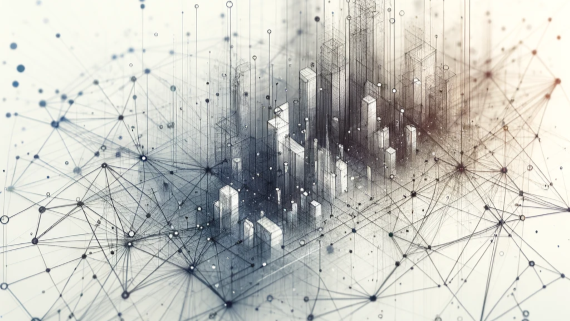Network models for energy and society
Network models are very flexible and naturally allow the description of systems that entail the complex interplay of multiple components. They are successfully applied to describe scenarios in epidemics, transportation, energy grids, materials fluxes, and social systems.

We are interested in applications that (i) model systems involving multiple interacting networks (multiplex, system-of-systems) and devise model reduction approaches; (ii) assess the impact of spatiotemporal heterogeneity on networks that describe material fluxes, infection spreading, energy systems, or societal dynamics; (iii) devise models to optimize technology, economy, and society, helping develop a carbon-negative society and a better circular economy.
We address the challenge of dealing with large networks and integrate ideas from machine learning and stochastic modeling to enable accurate predictions of complex network dynamics. We are particularly interested in model reduction for real-world networks, which is crucial to fuse mechanistic and data-driven approaches, providing an accurate yet computationally affordable description of complex phenomena.
Related projects:


